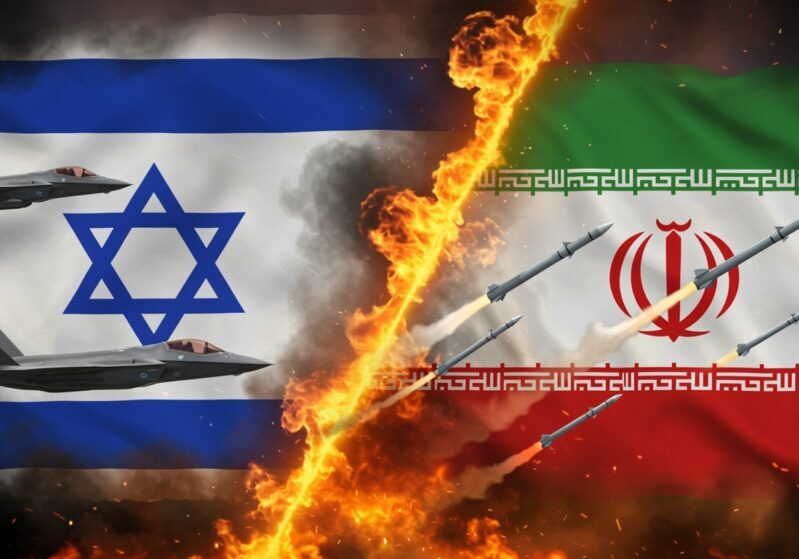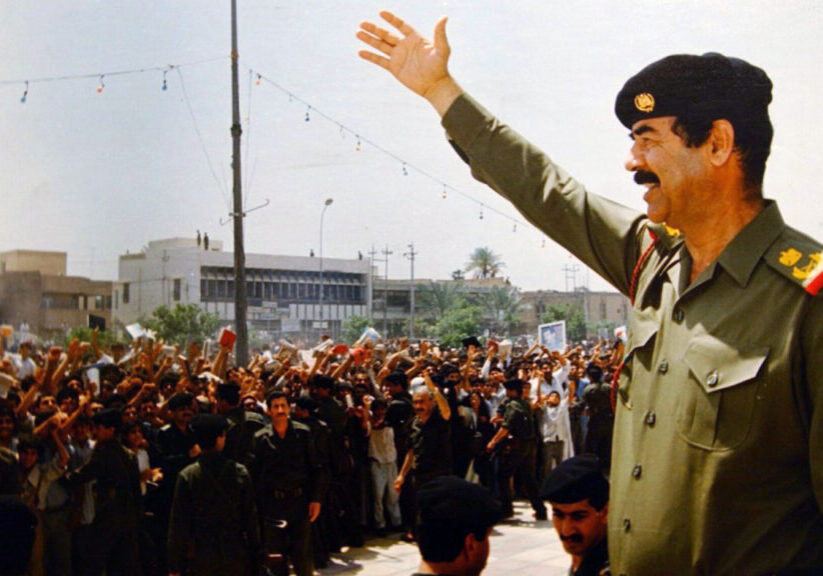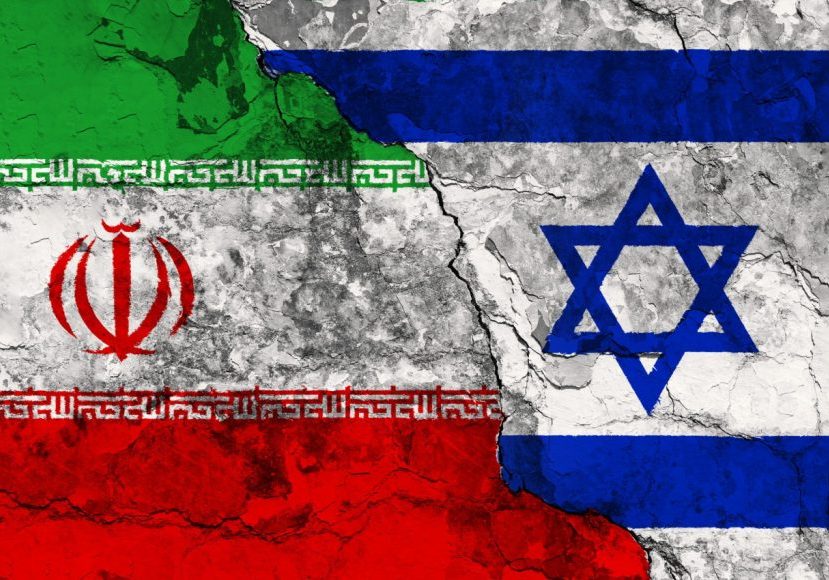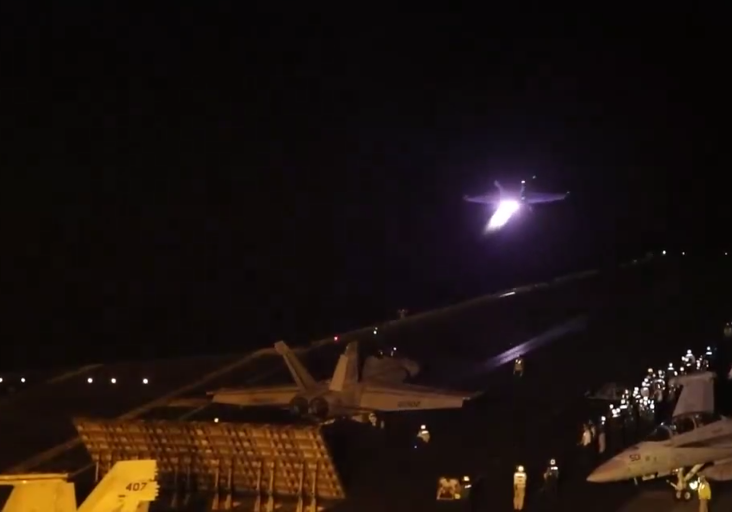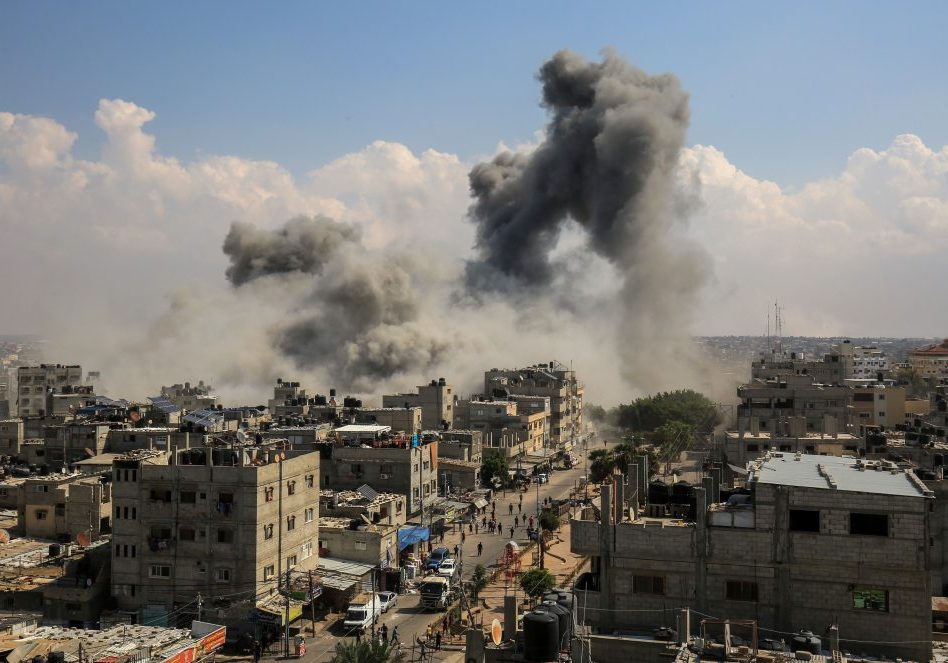Australia/Israel Review
Editorial: The Rise of Hamastan
Jul 1, 2007 | Colin Rubenstein
Colin Rubenstein
The violent victory by Hamas in Gaza and brutal decisive break with the Fatah-controlled West Bank profoundly divides the Palestinian landscape and further complicates Israeli-Palestinian peace prospects.
Hamas will be seeking to emulate Hezbollah’s Lebanon model, creating a terror statelet that constantly targets Israel, but deters counter-intervention through fortifications in Palestinian towns and accumulating rocket stockpiles targeting Israeli cities. That depends on continued smuggling of weapons, money and trained fighters supplied by Iran and Syria.
Hamas owed its election last year to Fatah’s corrupt and ineffective governance, which the late Yasser Arafat bequeathed, and a claim to be more effective at “armed struggle”, which Arafat lionised. June’s Hamas coup, and collapse of larger Fatah forces, is also due to Arafat’s practice of ruling through competing, personally loyal, armed gangs rather than the rule of law.
This does not mean, as some imagine, that Hamas can simply be seen as a more disciplined Palestinian nationalist movement with an Islamic tinge. As its 1988 charter makes clear, it is explicitly a branch of the “Muslim Brotherhood”, the radical Sunni movement whose goal is to recreate the perfect universal community of Muslim believers in the time of the Prophet Muhammad. Hamas does not seek a Palestinian state – its goal is to return all of Palestine to the Ummah, the worldwide community of Muslim believers. Unlike Palestinian nationalists, Hamas believes it is both a sin against God and a violation of the rights of all Muslims to recognise any non-Muslim sovereignty in any of historic Palestine.
Then Hamas PM Ismail Haniyeh, supposedly a moderate, said in April: “The issue of recognition of Israel has been settled once and for all… Recognition of Israel is out of the question.”
Hamas does say it could accept a “long truce” with Israel in exchange for Palestinian demands, but is also very explicit that the only permissible justification for any truce is to strengthen Muslim forces for future battles to liberate all of Palestine.
Some are arguing that Israel and the international community should now drop the three conditions they have established before recognition and aid can be restored to the Hamas-dominated Palestinian Authority – recognition of Israel, renunciation of violence, and acceptance of past Israeli-Palestinian peace agreements. But Hamas will use any concession or truce to prepare for future rounds of violence and find a pretext to renew it when ready. Such negotiations will only gain Hamas international recognition and stature among Palestinians by arguing that their Islamist program brought concessions without the need to make any compromises.
Some argue that aid must be renewed to the Hamas-led PA because of the suffering of ordinary Gazans. However, humanitarian aid to the Palestinian people has actually increased substantively since Hamas took power. It is Hamas’ policies that have caused Palestinian suffering.
Absurdly, many argue that because Hamas won a democratic election it must be given recognition and aid. One election does not a democracy make, and totalitarian movements have often attained power through democratic means. The Gaza coup shows Hamas’ true stripes, and few observers expect Hamas to ever offer free elections to Gazans again. Moreover, elections provide the right to govern, not to make policy without consequences. As long as Hamas openly says it rejects both the purposes for which the Palestinian Authority was established and the agreements leading to its establishment, the international community has both the right and responsibility to withhold support. And as long as it insists on regarding itself as being at war with Israel, Israel has the right to respond as if also at war with Hamas.
There may, however, be a silver lining to the Hamas cloud. Perhaps, after his rude shock, President Mahmoud Abbas and his more technocratic government will both reform governance and make Fatah a more honest movement responsive to genuine Palestinians needs. Abbas’ appointment of the respected economist Salam Fayyad as prime minister and rejection of dialogue with Hamas on the grounds that they are “murderous terrorist thugs” are certainly positive signs. Aid and tax receipts are now flowing to the new cabinet, which may facilitate this process. Successful reforms may eventually allow for a credible deal to disengage Israeli troops and settlers from most of the West Bank, something which the current Israeli government was elected to attempt.
Perhaps Egypt, which is also threatened by a Hamas terror state (like most of the Arab Sunni world) will now decide to strengthen its until now lacklustre efforts to prevent smuggling of arms, money and trained terrorists across the Gaza-Sinai border. Egypt’s unprecedented June 21 attack on Iran’s role in the crisis is one positive sign. Foreign Minister Ahmed Abul Gheit said “Iran’s policies encouraged Hamas to do what it has done in Gaza and this represents a threat for Egypt’s national security” as does Teheran’s influence in Iraq. He added, “This obliges Cairo to restrict its relations with Teheran.” Perhaps the shock of the Hamas takeover will convince Egypt to lead a more active response by the Sunni Arabs states to the current destablising regional power play by Iran, Syria and their allies, including Hezbollah and Hamas, which has been a very disturbing trend for all Sunni Arab governments over recent years.
The follow-up to the Sharm el-Sheikh summit Egypt hosted on June 24, including Ehud Olmert, Abbas, and Jordan’s King Abdullah, will be crucial. Will there be concrete efforts to both isolate Hamas from Iranian support and to assist Abbas to carry out a serious plan to confront and dismantle terrorist groups, including Hamas, in the West Bank, and reform governance? Western policymakers, as they contemplate this new situation, must design policies that not only aid in achieving both these prerequisites for progress, but also convince the Arab states to seriously upgrade their concrete efforts to match their self-interest as well as their concerned rhetoric.
![]()
Tags: Iraq

